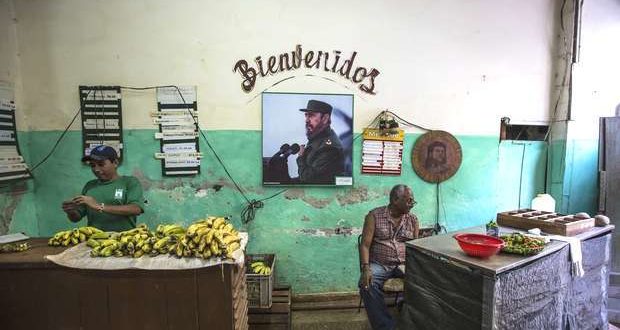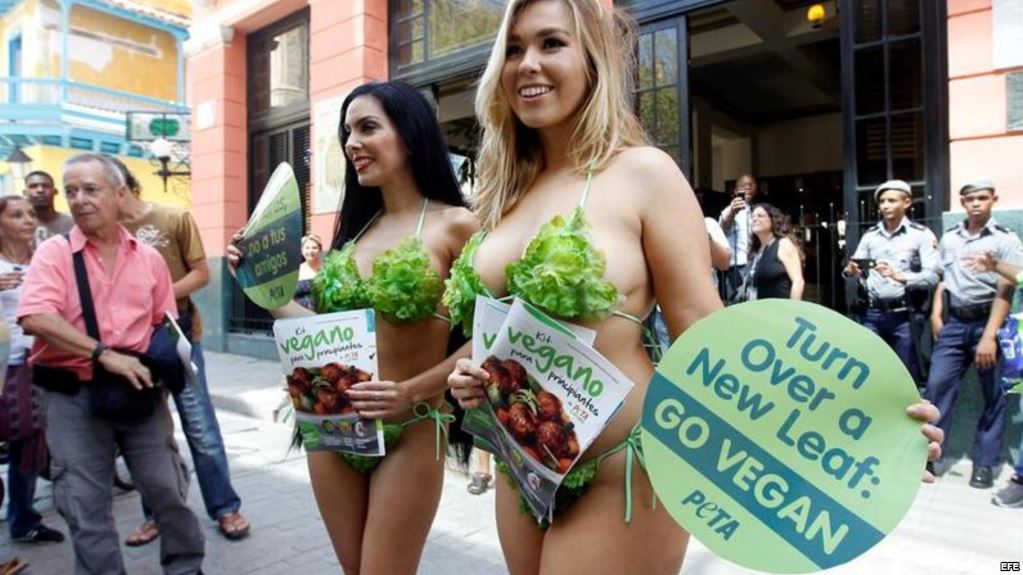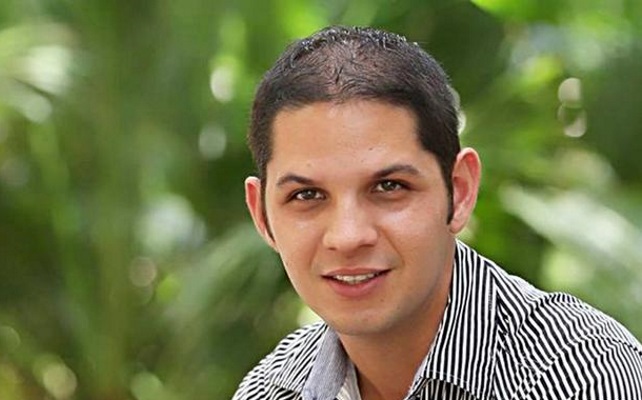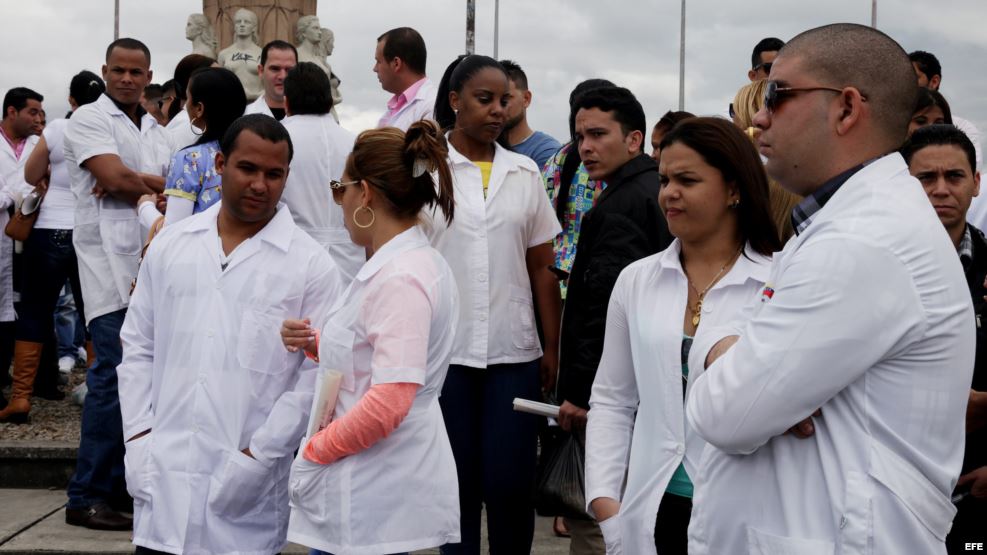Iván García, 1 June 2017– The majority of the openly anti-Castro opponents I know do not live in lavish mansions nor do they possess items fashioned with the latest technology. Neither do they boast bank accounts in financial paradises and they do not own yachts or beach houses. I don’t believe any of them know how to play golf or can afford a vacation on a Greek island.
Those luxuries are reserved for the hierarchs of the olive green regime. Those who sing The Internationale, compose speeches replete with declarations on behalf of social justice and poverty, but who wear designer-label clothing, use French perfumes and employ household servants. continue reading
The national prosecutor’s office will never open a file on the Cuban functionaries involved in the Panama Papers. No state office exists where the average Cuban citizen can learn how public monies are spent or invested. The nomenklatura lives and performs its functions with total impunity.
That leadership style of never being accountable, which has taken root inside the olive green autocracy, has in a certain way been imitated by the opposition on the Island. Most certainly, it is a harmful style.
Corruption, and its variants such as nepotism and influence peddling, has permeated a significant sector of the dissident movement. There is no transparency regarding the funding and materials they receive.
Some opponents behave with dictatorial arrogance and manage their organization as if it were a family business.
One needs money to live. And it doesn’t fall from the sky. The ideal would be that the opposition obtains money through local financing mechanisms. But Cuba under the Castros is a genuine dictatorship.
Those on the Island who declare themselves dissidents, if they work or study, are expelled from their workplaces or schools. And even were they employed, because of the financial distortions caused by the country’s dual currency system and low wages, they would be unable to sustain their organizations. Prior to 1959* political parties supported themselves with membership dues and donations from sympathizers and anonymous supporters.
To make political opposition and free journalism, to maintain offices for independent lawyers or for any civil society organization, requires funds. How to obtain them?
There are foreign private foundations that award grants to approved projects. Government institutions in first-world democratic societies also provide aid.
Is this lawful? Yes. But for the Castro regime, it is illegal and you could be prosecuted under the anachronistic Ley Mordaza [Gag Law] in force since February 1999. If the nation’s laws prohibit obtaining funds from other countries to finance political, journalistic, or other types of activities, Cuba in this case should be able to count on banking mechanisms to enable to transmission of resources.
But the opposition on the Island is illegal. The dissident movement has almost always been financed by institutions or foundations based in the US, which is not illegal in that country and is publicly reported.
I am not against receiving money from US government institutions, as long as it can be justified by by the work performed. In the case of journalism, reporting for the Voice of America, Radio Martí, the BBC, and Spain’s RNE Radio Exterior is not a crime–except in Cuba, North Korea or perhaps in China and Vietnam.
Any funding from abroad is financed by that country’s taxpayers. In the case of political or journalistic activities, the ideal would be to receive monies from journalistic foundations and citizens or enterprises.
An important part of the opposition’s economic support has come from the US State Department or other federal institutions. Those local opposition groups who believe this to be ethical and a lawful way to obtain funds should therefore be transparent in their management.
Yet 95 per cent of them do not account for those monies nor do they publish reports about them. Most of the time, the members of these groups do not know how the funds received are managed. By and large they are administered by the individual at the head of the opposition group.
They justify this secrecy with the pretext, at times well-founded, that they are keeping this information from reaching the ears of the State Security cowboys, who act like 21st Century pirates and confiscate money and goods without due process of law.
However, and this is regrettable to say, that opacity in managing collective resources is the embryo of corrupt behaviors within the Cuban opposition. Within the majority of dissident organizations, whatever they may be called, such absence of managerial accountability and transparency leads some dissidents to skim money and goods that do not belong to them, or to appropriate a portion.
These organizations, with their erratic performance, hand over on a silver platter enough information for the counterintelligence to sow division and create interpersonal conflicts inside the dissident movement.
How to stamp out these corrupt and nefarious practices, which not only defame the dissident movement, but also set a bad precedent for a future democracy? Can you imagine one of those current venal opponents tomorrow becoming a State minister or functionary? The most reasonable way to nip this phenomenon in the bud is through practicing transparency.
This could take the form of quarterly or annual reports. For example, the reporters of Periodismo de Barrio [Neighborhood Journalism], led by Elaine Díaz, keep a running budget on their web page of receipts and expenditures.
The Trump administration’s measure to drastically cut aid to the Cuban opposition, more than being harmful, signifies a new way forward that will require the development of new funding models.
Besides, this will provide greater autonomy and credibility. And it might bury once and for all that very questionable mentality of seeking solutions to Cuba’s problems through mechanisms sponsored by other governments.
The interests of the US are their interests. They are not necessarily our interests. Of course, that nation’s solidarity and also the European Union’s, is a support at the hour of denouncing the lack of political freedoms and the Cuban regime’s human rights violations.
But that’s where it ends. The money needed to carry out political projects under the harsh conditions of absurd tropical socialism should be provided by those Cubans in exile who are concerned about the future of their homeland. Money from their own pockets. Not from a foreign government. And if they believe that to enroll in a cause that is not their affair or doesn’t interest them is not a smart investment, they are within their legitimate rights to not donate even a penny.
Cuba’s problems are for Cubans, those at home and abroad, to resolve. Not for anybody else.
Our society’s modernization and the future we design for ourselves is our problem and we should resolve it with creativity, greater humility and more unity of judgment.
Perhaps the Cuban opposition will end up being grateful to Donald Trump for cutting millions in funds of which few knew the ultimate destination. Believe me, it is always better to be as independent as possible.
Translated by: Alicia Barraqué Ellison
*Translator’s Note: Fidel Castro’s revolutionary forces overthrew the government of dictator Fulgencio Batista on New Year’s Day, 1959.












